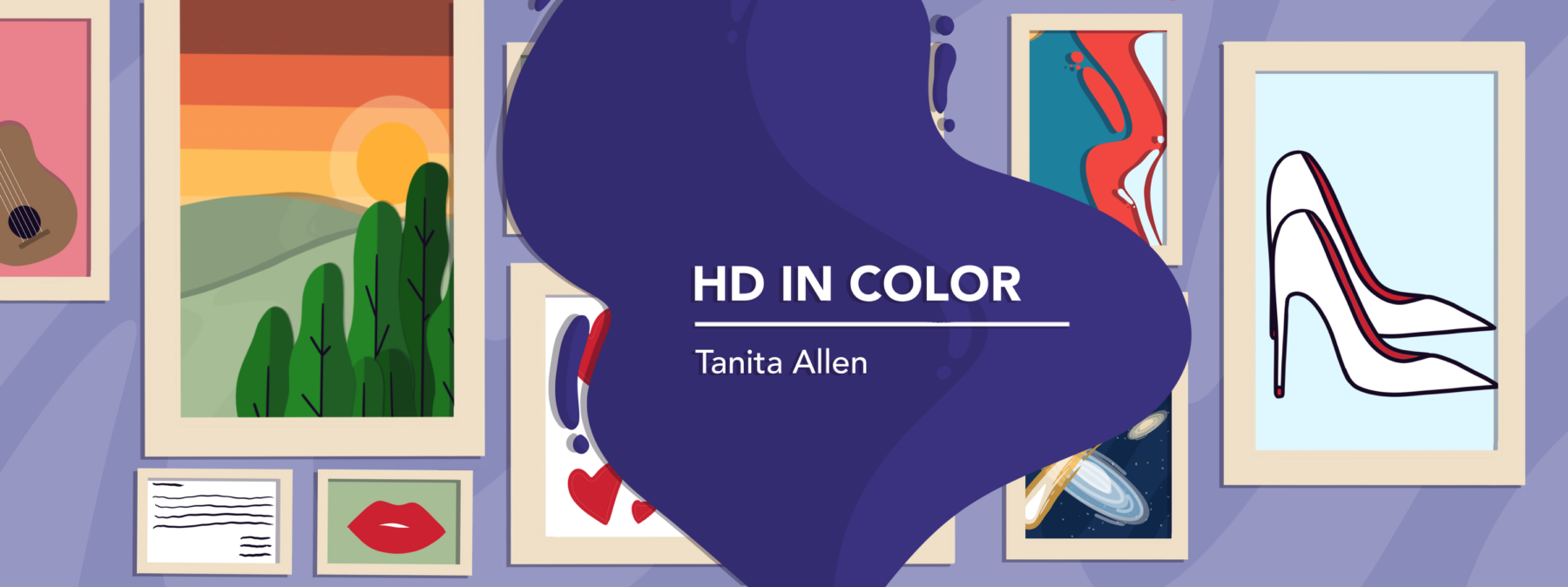The power of music in helping me manage my mood with HD
How my favorite tunes enable me to face the challenges of Huntington's
Written by |

Music has always been more than just sound to me. It’s a lifeline. Living with Huntington’s disease (HD), I’ve faced physical challenges, emotional hurdles, and moments of deep introspection. During the most difficult times, music has been my refuge, helping me manage my mood, find peace, and lift my spirits. It’s remarkable how something so intangible can have such a profound impact on my well-being.
Music has a unique ability to tap into emotions that words often can’t reach. It can comfort me when I’m feeling down, energize me when I’m fatigued, and help me process emotions that feel overwhelming. The melodies, rhythms, and lyrics act as a bridge to feelings I might otherwise suppress.
For instance, when I’m feeling anxious because of my HD symptoms‘ unpredictability, soothing piano music calms my nerves. The gentle notes feel like a warm embrace, giving my mind permission to slow down and breathe.
On days when I’m struggling to find motivation, songs with empowering lyrics give me a boost. Listening to music from the ’80s and ’90s is very nostalgic. It reminds me of my resilience and helps me shift my focus from what I can’t control to what I can achieve. The uplifting rhythms and meaningful words give me the push I need to keep moving forward, even when the weight of the world feels heavy.
Finding my rhythm
Music plays a role in almost every part of my day, tailored to my emotional and physical needs at different times. Starting the day with music is essential for me. When I wake up feeling sluggish or uncertain about the day ahead, I turn to my “Energize” playlist. Tracks like “Happy” by Pharrell Williams or “Beautiful Day” by U2 never fail to put me in a good mood. They’re the auditory equivalent of a pep talk, helping me feel ready to tackle the challenges ahead.
One memorable morning, I was feeling particularly fatigued, but I had a busy day ahead. Playing “Shake It Off” by Taylor Swift as I prepared for the day lifted my spirits and gave me the burst of energy I needed. Singing along in my kitchen while making a smoothie turned a daunting morning into a manageable one.
Fatigue often sets in by midafternoon, and HD symptoms can feel especially challenging at this time. When I need a boost, I play songs that transport me to another place or evoke positive memories. Listening to anything by Sade, for example, makes me think of carefree road trips and adventures with friends. It’s like a mini-escape that recharges me emotionally, even if my body feels tired.
Sometimes I’ll pair music with journaling to process my feelings. On one particularly hard day when my mood was low, I played “Orinoco Flow” by Enya as I wrote in my journal. The song’s soothing message reminded me to let go of the things I couldn’t control and focus on finding peace in the present moment.
In the evenings, music becomes my wind-down companion. After a long day, I turn to gentle melodies and calming soundscapes. One favorite is the “Rainforest Sounds” playlist on Spotify, which combines soft instrumentals with the sound of rain and rustling leaves.
One night, after a particularly stressful day, I showered and played Michael Jackson’s greatest hits. The combination of the soothing water and pop melodies helped me release the tension I’d been holding in my body. By the time I went to bed, I felt relaxed and in a much better mood.
At home, music transforms mundane tasks into moments of joy. When I’m folding laundry, for example, I often play a mixed eclectic playlist. I love listening to hip-hop or R&B during these moments. The upbeat rhythm makes chores feel less tedious and even fun.
While cooking, I’ll put on a reggae playlist. Bob Marley’s greatest hits turn my kitchen into a cozy little haven where I can enjoy the process of creating something nourishing.
Getting out for a walk is important for managing my HD symptoms, but it can feel daunting on days when my energy is low or my movements feel unsteady. Music helps me stay motivated and distracts me from any discomfort.
At the airport, for example, waiting in long lines can trigger anxiety. To manage this, I put on noise-canceling headphones and anything by Seal. It creates a personal bubble of peace, allowing me to stay calm and present even in a chaotic environment.
The beauty of music is its adaptability. It can meet me where I am, emotionally and physically, offering exactly what I need in the moment. Whether it’s energizing me with an upbeat tune, soothing me with a gentle melody, or helping me process emotions through heartfelt lyrics, music is a constant source of support. It reminds me that even when life feels uncertain, there’s always a song to guide me through.
Note: Huntington’s Disease News is strictly a news and information website about the disease. It does not provide medical advice, diagnosis, or treatment. This content is not intended to be a substitute for professional medical advice, diagnosis, or treatment. Always seek the advice of your physician or other qualified health provider with any questions you may have regarding a medical condition. Never disregard professional medical advice or delay in seeking it because of something you have read on this website. The opinions expressed in this column are not those of Huntington’s Disease News or its parent company, Bionews, and are intended to spark discussion about issues pertaining to Huntington’s disease.



April McDowell
Yes Sister this helps me also. Music is therapy for me
Nancy E Hansen
As a caregiver of someone with HD, music has been my salvation. I play music almost continuously throughout the day--even when I'm swimming!